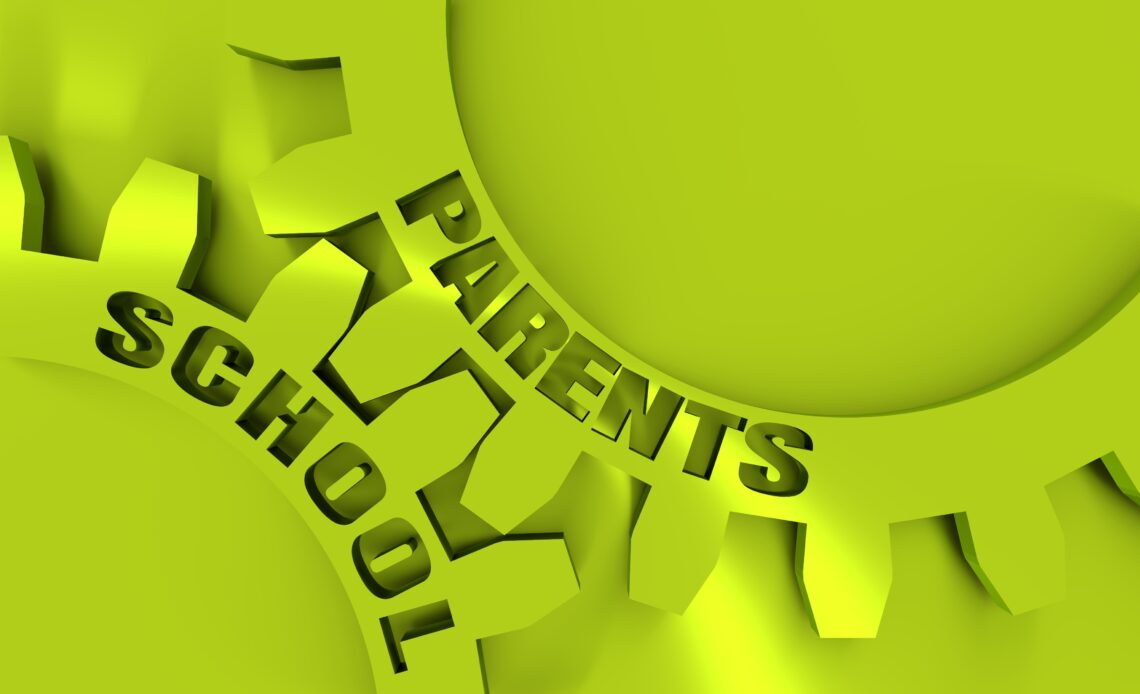
We’re partners with parents, not parent replacements
Blog by Terry Muldoon, School Principal
Parents make a difference.
Parent involvement in a child’s education is consistently found to be positively associated with a child’s academic performance. Parents who have a positive attitude towards their child’s education, school, and teacher are able to positively influence their child’s academic performance by two mechanisms:
(a) by being engaged with your child to increase their positive educational experience, and
(b) by being engaged with the teacher and school to promote a stronger and more positive student-teacher relationship.
Positive connections between parents and teachers have been shown to improve children’s academic achievement, social competencies and emotional well-being.
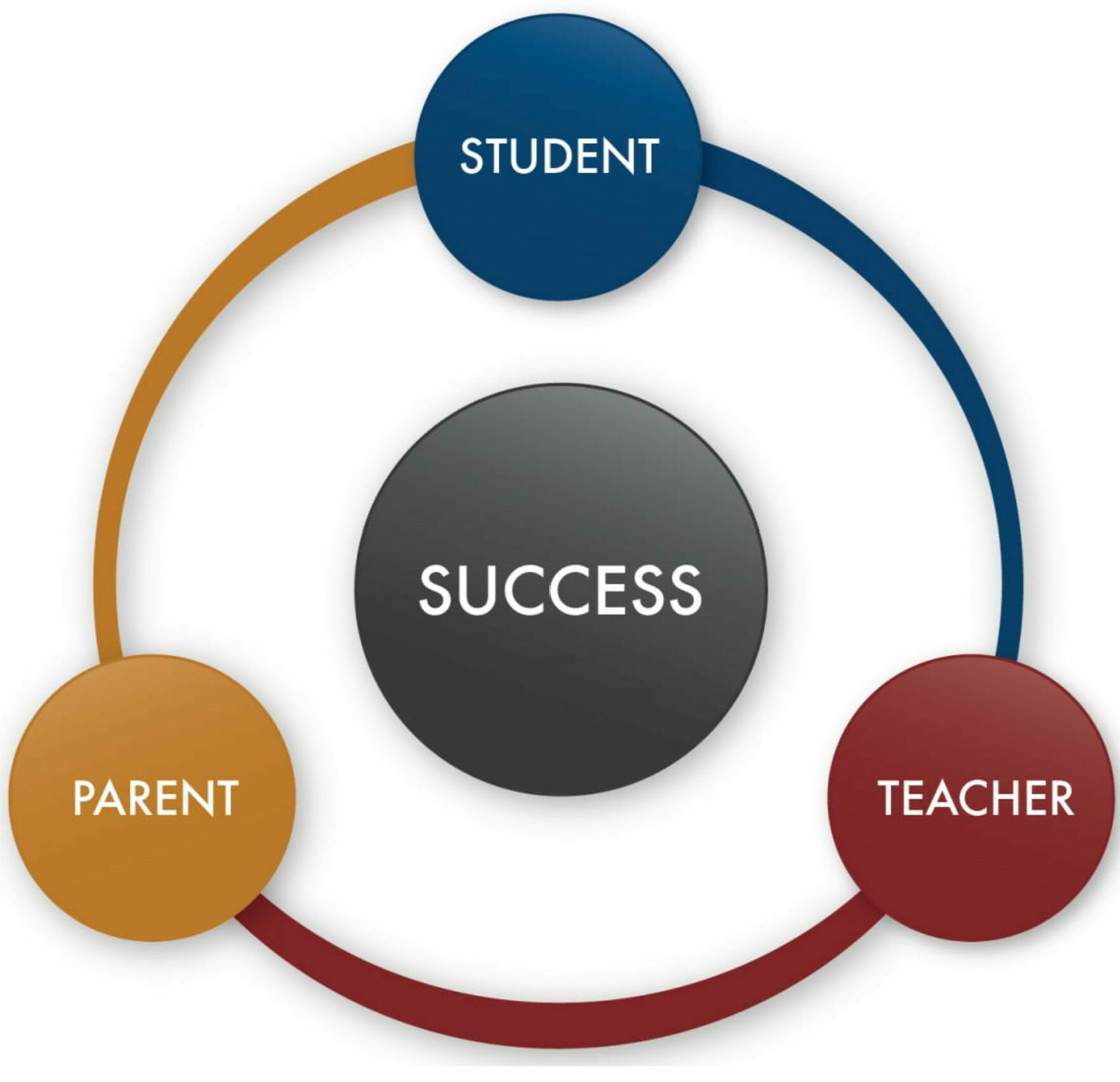
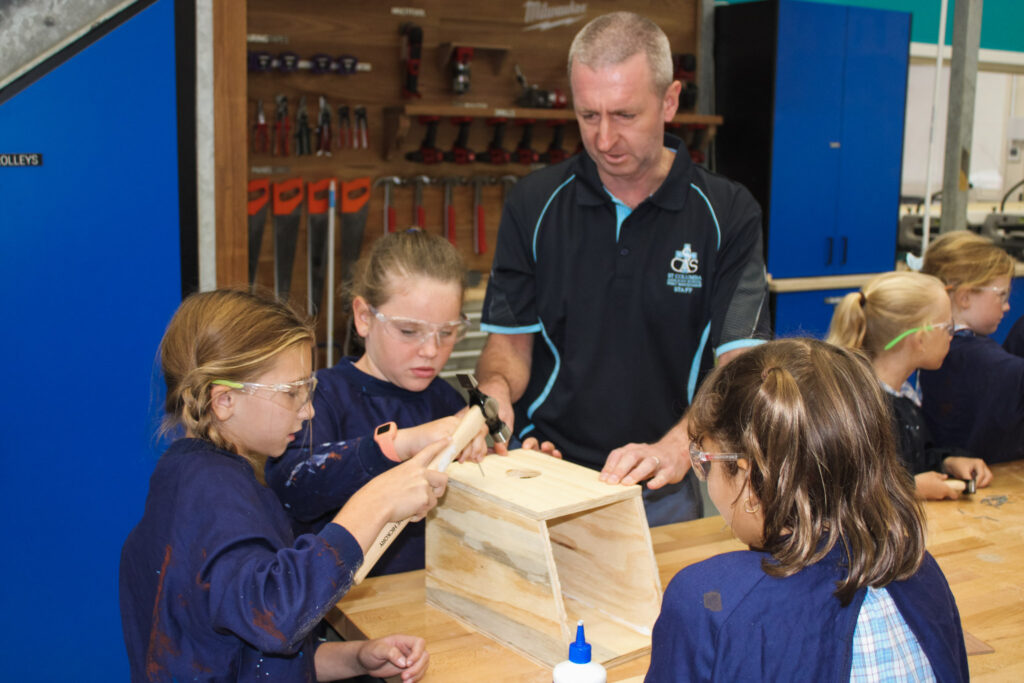

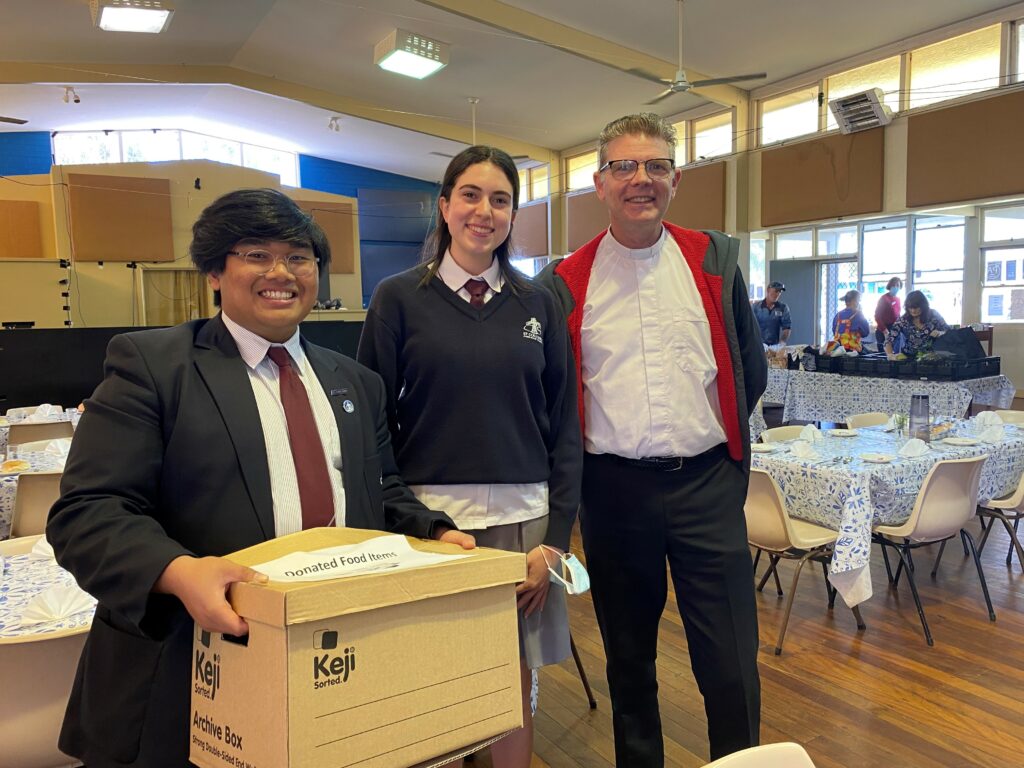
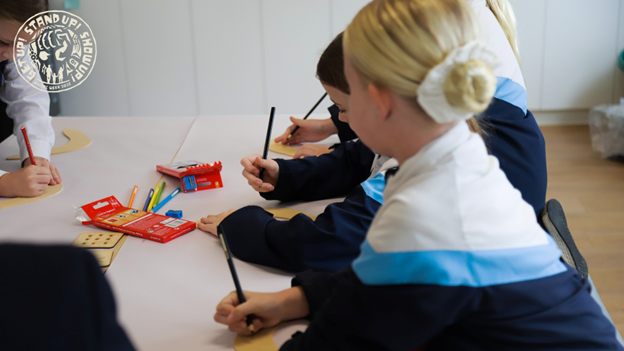

When parents and teachers work as partners, children do better in school and at home.
Parents and teachers both play important roles in developing positive attitudes towards learning and education for children, building their motivation and confidence as learners, and fostering their enjoyment of learning.
We want to be part of a positive partnership but we do not want to replace parents and take over parenting duties.
Australian parents increasingly ask schools to help socialise their children. Research shows that teachers feel they are being asked to do more “parenting” in the classroom. There appears to be a bit of uncertainty between parents and schools about where responsibilities start and stop. Where does a parent’s participation end and a teacher’s begin?
There are growing issues where parents do not trust their schools or expect schools to act as parents. For example:
- Parents are often very defensive of their children when told about disruptive behaviour and often do not believe the school when confronted about it.
- Parents want schools to help them parent: “I don’t know what to do about their gaming addiction, they’re up all night.”
- “I just want to be their mum, not their teacher!”
For teachers things have escalated:
- “My child is perfect. You are the problem.”
- “The direct line to staff has become much more rapid and the willingness to just jump on to the phone and make a complaint is definitely much more there than it ever has been.”
- “I emailed Mr XXXX last night, and I didn’t get a response after an hour.”
- “My child told me you raised your voice with her. Why?”
- A parent barged into a classroom during class and swore and yelled at staff, the documents show. The parent was asked to leave the school by an assistant principal, but refused and continued yelling, despite being told staff felt threatened by the behaviour. Police were eventually called. The Age
- In the first six months of this year, WorkSafe accepted 22 claims from teachers that involved occupational violence and aggression, including being abused, threatened or assaulted, encompassing spitting, swearing, abusive language, gendered violence and physical assault.
The demands on schools from some parents have become extreme, almost comical:
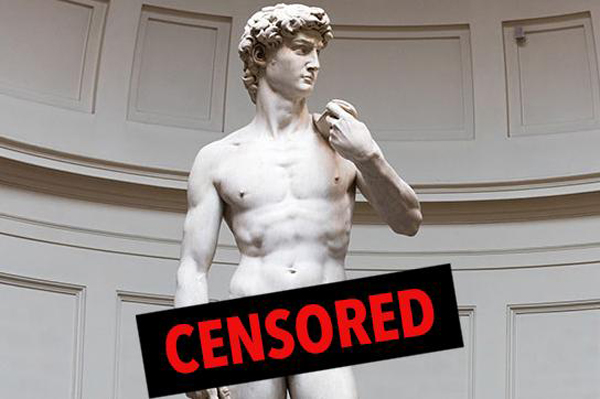

“Italians have reacted with shock after a US principal was sacked for showing students a picture of Michelangelo’s classic sculpture David after parents complained it was “pornography”. Hope Carrasquilla resigned on Monday as principal of the Tallahassee Classical school after the campus’s governing board told her to either step down or be fired over parental complaints that came in after sixth-grade students were shown the 16th-century sculpture, one of the Renaissance’s most famous pieces of art. — The Guardian, 2023
St Columba has an enrolment contract that requires parents to support the school in its practices, policies and protocols. Sending your child to St Columba means you will be required to abide by that contract.
We also have a code of conduct for parents and caregivers (as well as one for staff). This code protects our school and staff from threatening, abusive or inappropriate behaviour.
We know that some family circumstances can lead to heightened emotions but we cannot allow our staff to be made responsible for family decisions or fearful as a result of individual family circumstances.

Please give us information so that we can help, provide relevant legal or health documents that allow us to be aware of your child’s needs and act appropriately and meet with us to ensure that communication is effective. We are here to help but we are not able to act outside the law – privacy, family law, child protection etc. For example we are bound by the Family Law Act.
The Family Law Act (1975) provides that there is a presumption of equal shared parental responsibility. Under this shared responsibility, it is important that both parents are given all information concerning the child. This can include school reports, newsletters and information about school functions.
- Parents have a responsibility to provide the school or institute with copies of any court orders that impact on the relationship between the family and the school or institute
- Where children are no longer living at home, the primary focus in decision-making should be the continued educational needs of the child
- Where the views of a student are in conflict with those of his or her parents, decisions made should be based primarily on what is considered to be the best educational interests of the student
- In the absence of any specific court orders, generally either parent has the capacity to enrol their children in school
- Except in specifically defined circumstances which are outlined in the guidelines, it is mandated that a student must be enrolled using the name that appears on his or her birth certificate
- In the absence of specific court orders, each parent is entitled to: know where their child is enrolled; participate in school related activities; and have access to documentation relating to his or her child subject to the provisions of privacy legislation and the Department’s Privacy Code of Practice
- In relation to children who live with one parent only, the guidelines distinguish between contact with a child in accordance with a contact order and incidental contact that arises as a result of a parent being present on a school or institute site
- Except in specifically defined circumstances, permission will not be given to parents or other people to remove students during the course of the school day
- Persons other than parents (e.g. grandparents) may seek to play a role in the education of children but such participation is always subject to parental approval
- The guidelines alert staff to the possible impact of Apprehended Personal Violence Orders and the need to be careful when dealing with families subject to such orders
- Staff should not place themselves in positions of danger when trying to resolve any problems that may arise, but rather should contact local police if necessary
It’s the law.
We follow the law.

Want to share your thoughts on this story, or do you have something you’d like to add? Email me at principal@scas.nsw.edu.au

